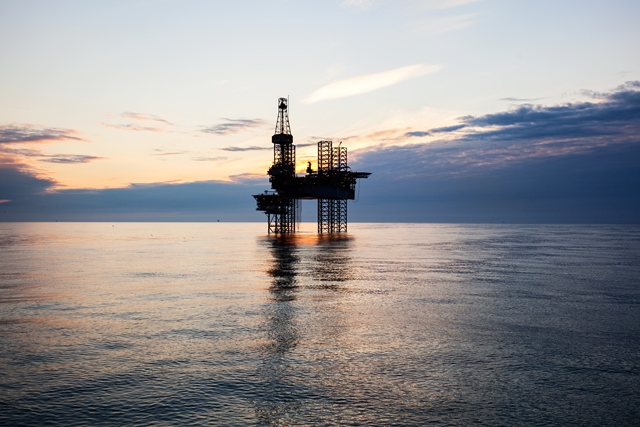Certainly, this is a question that on the face of it could sound absurd to many. How can a country with significant natural gas resources fear that they could end up creating trouble? These concerns are not new and there is a whole literature on the phenomenon given various metaphoric names.
The Economist was the magazine which in 1977 coined the term the „Dutch disease” for the symptoms that the Dutch economy complained of after the discovery in 1959 of massive natural gas deposits and subsequent exploitation. The Dutch exports soared due to gas sales, but the economics did not add up. The extraordinary export dynamics was not reflected in the local economic dynamics. Between 1970 and 1977 unemployment in the Netherlands rose from 1.1% to 1.7%, and private investments were free falling.
The explanation for the Dutch case had to do with the increase in the value of the country`s guilder. Gas exports lead to a large influx of foreign currency into the country which in turn increased the demand of guilder and thus caused its appreciation. The implication was lost export competitiveness and, as a result, many business or business investment and development programs were shut down.
Another relevant study in this respect was conducted by economists Jeffrey D. Sachs and Andrew M. Warner in 2001, entitled „The curse of natural resources”. Their economic paper on a large number of countries reaches the conclusion that basically, there are sound statistical data confirming that countries with great natural resource wealth tend to grow more slowly than resource-poor countries.
 They mention that there is no unanimously accepted explanation for the “curse”, but point out a few scenarios. A first explanation would be the drainage of resources from the rest of the economy (crowding out) to the extractive industry by increasing labor costs and non-tradable goods and services (meaning those that cannot be imported). This causes a generalized price rise which, coupled with the local currency appreciation, leads to a significant loss of competitiveness for all the other economic sectors.
They mention that there is no unanimously accepted explanation for the “curse”, but point out a few scenarios. A first explanation would be the drainage of resources from the rest of the economy (crowding out) to the extractive industry by increasing labor costs and non-tradable goods and services (meaning those that cannot be imported). This causes a generalized price rise which, coupled with the local currency appreciation, leads to a significant loss of competitiveness for all the other economic sectors.
The negative impact does not stop here because the economy of the country in question becomes more vulnerable to changes in the price of the commodities it exports. This means that when prices fall, there will be no other industries to offset the shock by producing added value. And that takes us to another likely cause.
The industries best covered against economic cycle volatility are those based on intelligence and innovation. The crowding out mentioned earlier, however, hinders the development of precisely these industries, stops the rise of a sound entrepreneurial class as highly-trained human resources are drawn into resource exploitation. Another side of the crowding out effect is also the fact that decision-makers in government end up taking decisions for their personal gain leading to corrupt institutions whose primary goal is no longer deciding in favor of general economic growth. In other words, the countries with weak, incompetent and corruptible institutions miss out on the economic advantages that resources offer.
Indeed, IMF experts conducted a study which tried to understand why in democracies an increase in international prices for exported commodities causes a decrease in their external debt, while in autocracies external debt rises despite higher international prices for exported commodities. The explanation, they think, lies in the fact that in autocratic countries, where decision-making is in the hands of one person or a group of individuals, the revenue windfalls from commodity exports is spent primarily on government expenditures and „by doing so create discretionary space for abusing public office for private purposes”. They also notice that, in these countries, leaders feel less accountable to their citizens and, as a result, prefer the less transparent way of spending the money via government expenditure over reducing external debt which is far more transparent.
Could the setting up of a sovereign fund funded by these windfalls solve the problems pointed out? Not necessarily. At the end of the day, transparency and effective money spending rely on the independence and professionalism of the fund managers, in this scenario as well. There are plenty of examples going around in the world in which the money of such funds have been embezzled to serve political or personal interests. This is why shielding it from any political interference is paramount.
In conclusion, the mere existence of natural resources alone does not guarantee the prosperity of the country`s citizens. Powerful, democratic institutions and the involvement of experts to take decisions based solely on economic grounds are needed as well.
Long-term, for the balanced development of a country, the quality of its governance is much more important than the wealth provided by the natural resources.
Romania, beware!
Have a nice weekend!



